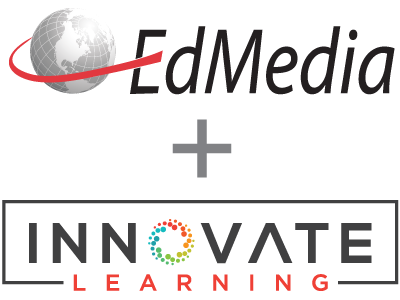
Predictors of undergraduate students’ intention to adopt wearables to manage stress and increase resilience for learning
PROCEEDING
Iolie Nicolaidou, Cyprus University of Technology, Department of Communication and Internet Studies, Cyprus
EdMedia + Innovate Learning, in Brussels, Belgium ISBN 978-1-939797-77-3 Publisher: Association for the Advancement of Computing in Education (AACE), Waynesville, NC
Abstract
To support learning we need to strengthen students’ mental health and stress management skills and help them become resilient to achieve their learning goals. Some evidence shows that wearables (smartwatches) with stress detection may help students manage their stress. Smartwatches can also be used as a triangulation method to better evaluate the efficacy of stress management interventions. However, the use of wearables as a self-help tool requires high user adoption and continuous and systematic use over time. This case study aimed to familiarize undergraduate students (novice users) with smartwatches with stress detection over a month and have them evaluate their experience. The study attempted to identify predictors of undergraduate students’ intention to adopt wearables. Findings showed that factors such as embodiment, performance expectancy, effort expectancy, social influence, hedonic motivations, habit, and facilitating conditions can predict students’ behavioral intention to continue using wearables, with the strongest predicting factor being habit. Even though 60% (21/35) of students found the device useful, only 37% (37.1%, 13/35) intended to continue using a smartwatch in the future, and only 18.2% (4/22) thought that the smartwatch alone helped them reduce their stress, which indicates the need for targeted stress management interventions. Future research can identify factors that inhibit wearable adoption among the undergraduate student population.
Citation
Nicolaidou, I. (2024). Predictors of undergraduate students’ intention to adopt wearables to manage stress and increase resilience for learning. In T. Bastiaens (Ed.), Proceedings of EdMedia + Innovate Learning (pp. 83-86). Brussels, Belgium: Association for the Advancement of Computing in Education (AACE). Retrieved September 1, 2024 from https://www.learntechlib.org/primary/p/224507/.
© 2024 Association for the Advancement of Computing in Education (AACE)
